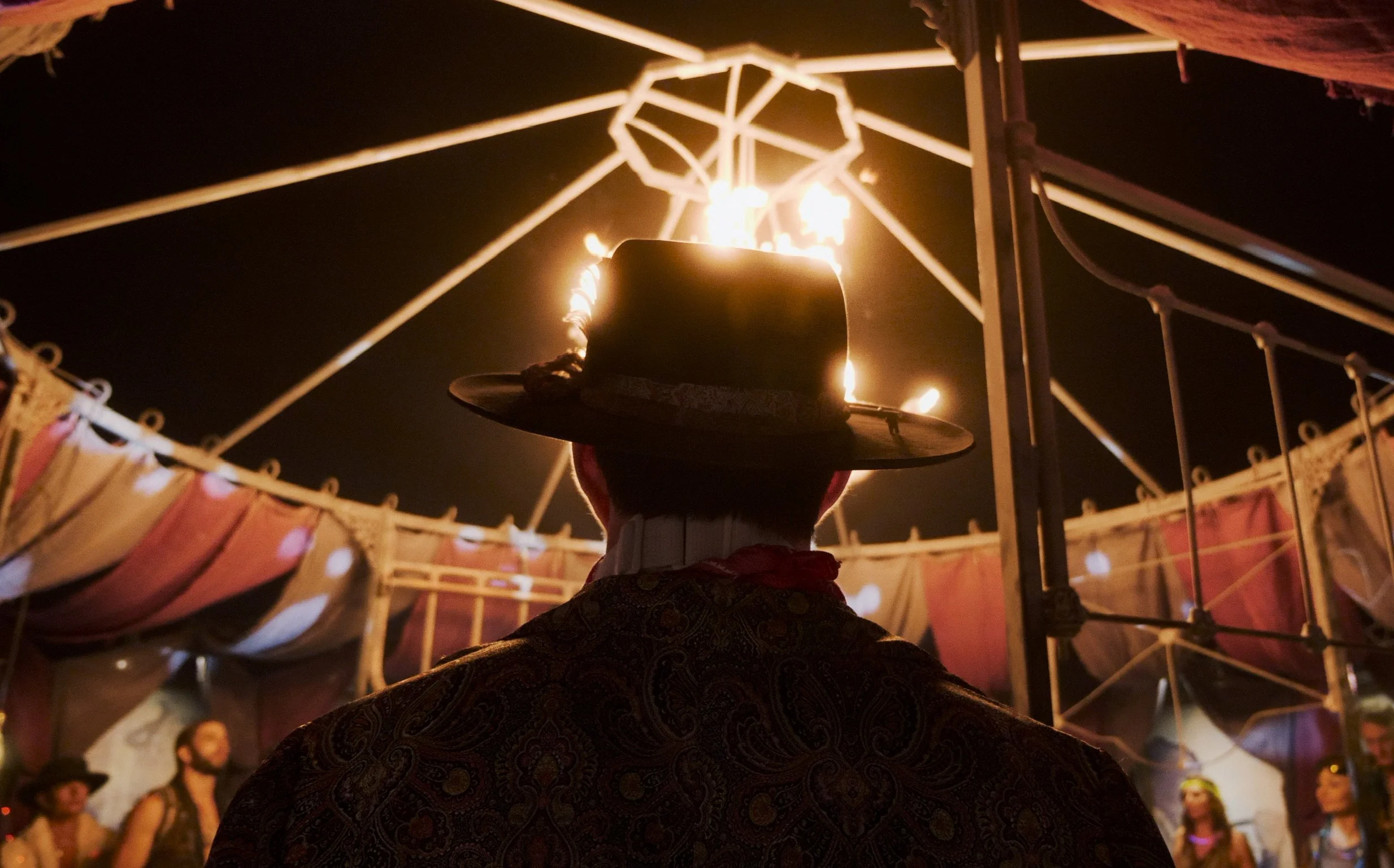Documentary Filmmaking 101: Telling True Stories with Impact
Documentary filmmaking is a powerful medium for telling true stories and shedding light on important issues. If you're passionate about creating documentaries, here are some essential steps to get you started.
Finding Your Subject
Choose a subject that you are passionate about and that has a compelling story to tell. Conduct thorough research to understand the context and nuances of your topic. Look for unique perspectives and untold stories that will captivate your audience.
Crafting a Narrative
Even though documentaries are based on real events, they still require a strong narrative structure. Identify the key moments and characters that will drive your story forward. Use interviews, archival footage, and observational footage to build a cohesive and engaging narrative.
Gaining Access and Building Trust
Building trust with your subjects is crucial in documentary filmmaking. Be transparent about your intentions, respect their boundaries, and maintain ethical standards throughout the production process. Gaining access to your subjects' lives and experiences will enrich your documentary and add authenticity.
Capturing Authentic Footage
Documentaries rely on capturing real-life moments as they unfold. Use a combination of planned and spontaneous shots to create a dynamic and immersive viewing experience. Pay attention to audio quality, as clear sound is essential for conveying dialogue and ambient noise.
Editing and Post-Production
The editing process is where your documentary takes shape. Organize your footage, select the most impactful clips, and weave them together to create a compelling story. Use music, sound design, and visual effects to enhance the emotional impact of your documentary.

